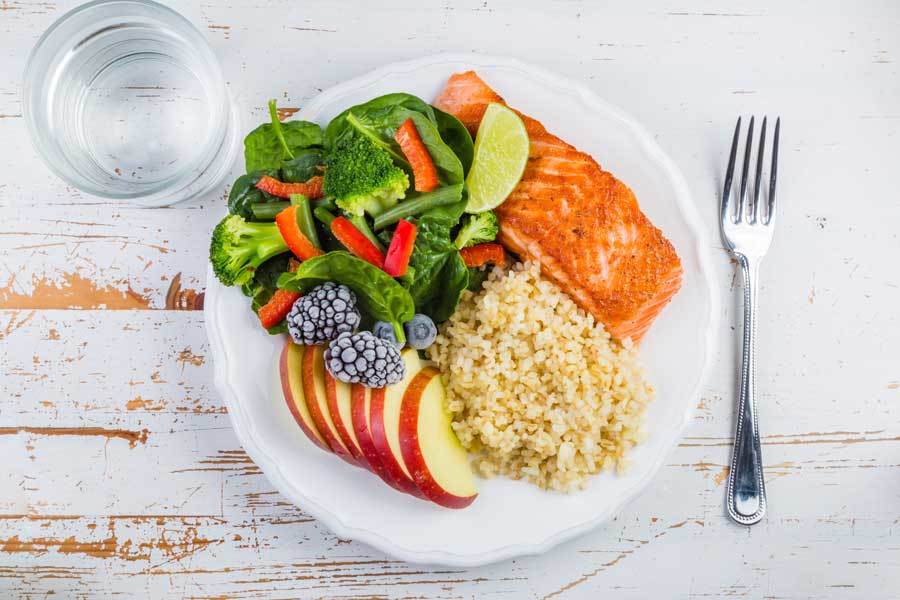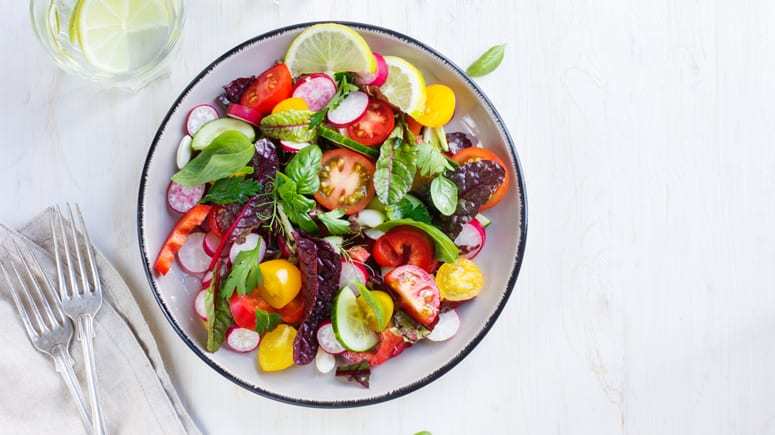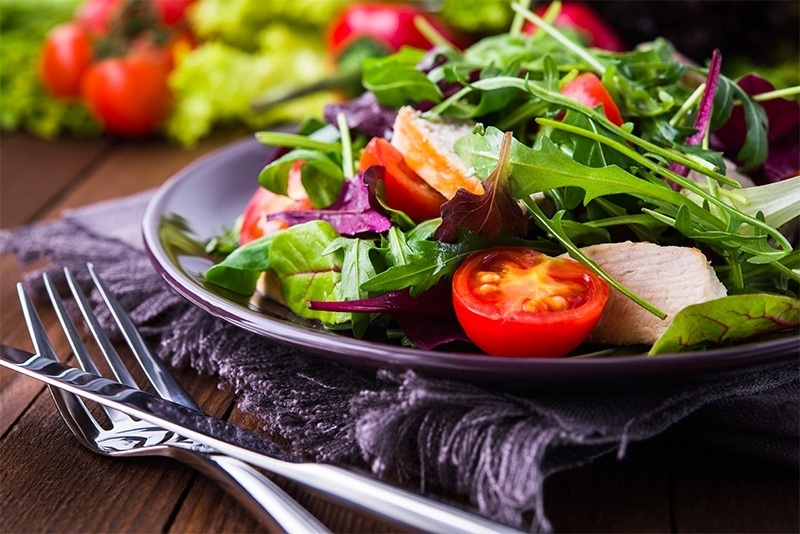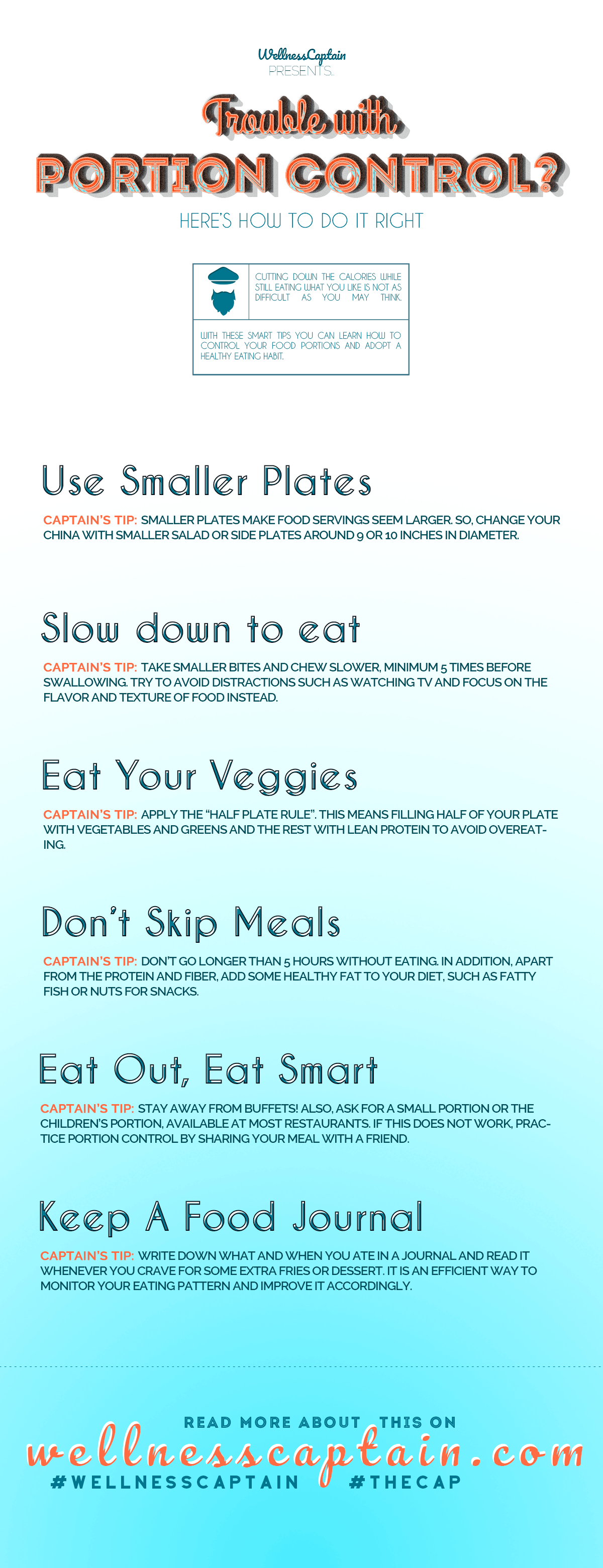Trouble with Portion Control? Here’s How to Do It Right

Remember when you were a kid and your mother used to tell you to eat up? It was the simplest thing to do. Unfortunately, adulthood happened, and things got a little more complicated. Your metabolism is different now and being a member of the clean up plate translates into a lot of calories that you cannot get rid of so easily.
Fortunately, cutting down the calories while still eating what you like is not as difficult as you may think. With these smart tips you can learn how to control your food portions and adopt a healthy eating habit.

Use smaller plates
According to studies, smaller plates make food servings seem larger while larger plates trick your brain into believing you don’t consume that much food and usually end up overeating.
Captain’s tip: Change your China with smaller salad or side plates around 9 or 10 inches in diameter. This way, you can have a better control of how much food you eat and reduce the calories intake in a controlled manner.

Slow down to eat
It takes around 15 – 20 minutes for your brain and stomach to realize you are full. Therefore, when you are gulping your food at a fast pace, you don’t allow for your body to signal you’ve had enough and continue eating until it’s too late.
Captain’s tip: Take smaller bites and chew slower, minimum 5 times before swallowing. If you find it difficult, a good start would be to find the slowest eater at your table and try to match his pace.
When at home, try to avoid distractions such as watching TV or talking on the phone and focus on the flavor and texture of food instead.

Eat your veggies
Giving more volume to your plate by adding vegetables is an efficient way to have a nutritious meal without the risk of consuming too many calories. Vegetables are rich in fiber, contributing to the easy digestion of food and lower blood sugar levels.
Captain’s tip: Apply the “half plate rule”. This means filling half of your plate with vegetables and greens and the rest with lean protein. The fiber contained by vegetables makes you feel fuller sooner thus preventing you from overeating.

Don’t skip meals
The longer you don’t eat, the stronger the hunger. And consequently, when you do get to have a meal, you gobble the food like there’s no tomorrow. As a general recommendation, most people should have three main meals and one snack a day.
Captain’s tip: Don’t go longer than 5 hours without eating. In addition, apart from the protein and fiber, add some healthy fat to your diet, such as fatty fish or nuts for snacks.
Eat out, eat smart
When you’re at home, you can have a better control of the amount of food you’re eating. But what happens when you go out? Worry not! Eating out does not mean you have to get the largest portion in the menu.
Captain’s tip: First thing’s first, stay away from buffets! The all-you-can-eat option and variety of foods are hard to resist so better avoid them from the start.
Another way to control what you eat is to ask for a small portion or the children’s portion, available at most restaurants. If this does not work, practice portion control by sharing your meal with a friend.
Keep a food journal
According to studies, if you think about what you ate throughout the day before having another meal, you’re more likely to say no to going overboard and consuming more calories. This is because you activate your brain’s hippocampus, responsible for memory and knowledge, based on which you make your decisions.
Captain’s tip: Write down what and when you ate in a journal and read it whenever you crave for some extra fries or dessert. It is an efficient way to monitor your eating pattern and improve it accordingly.



